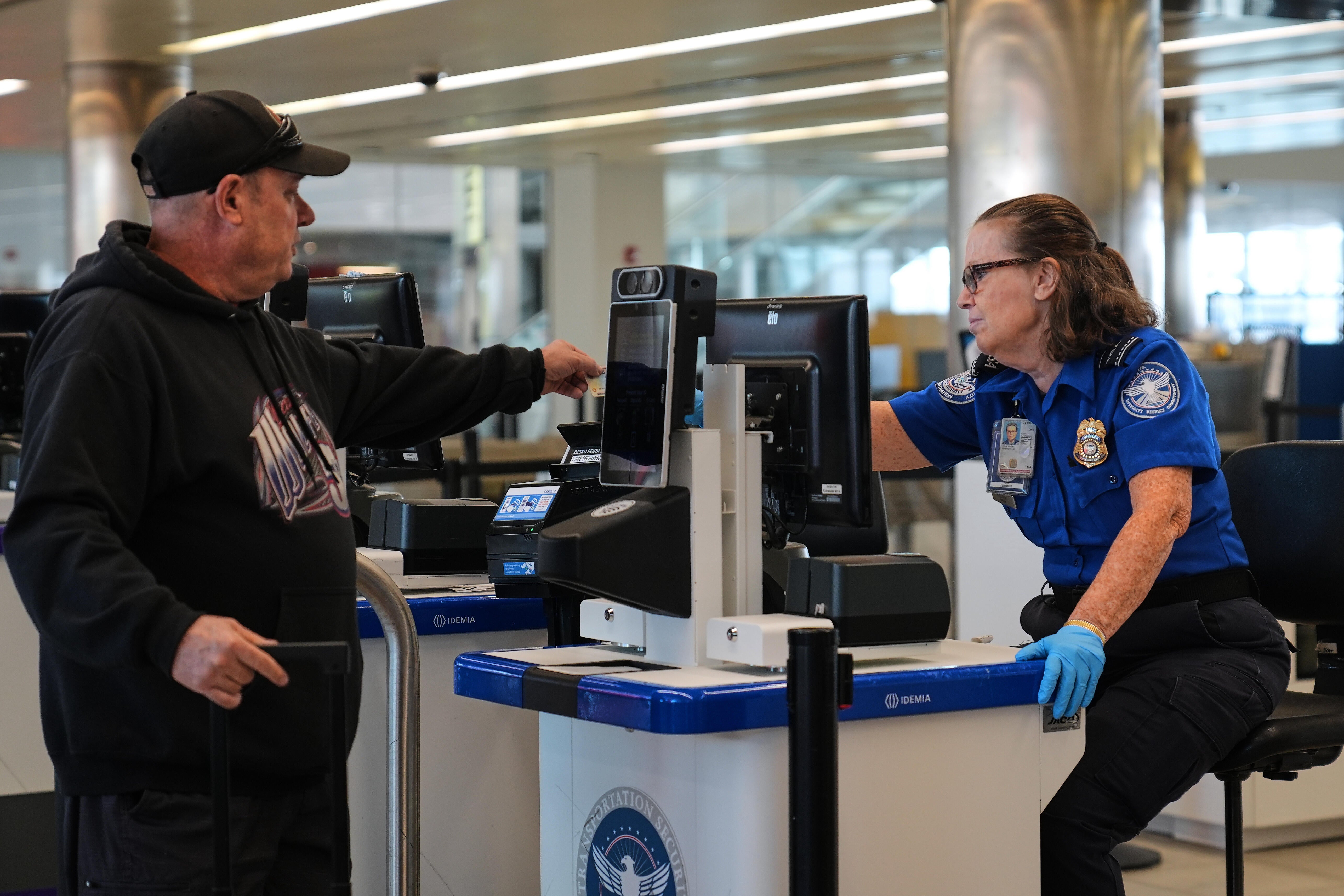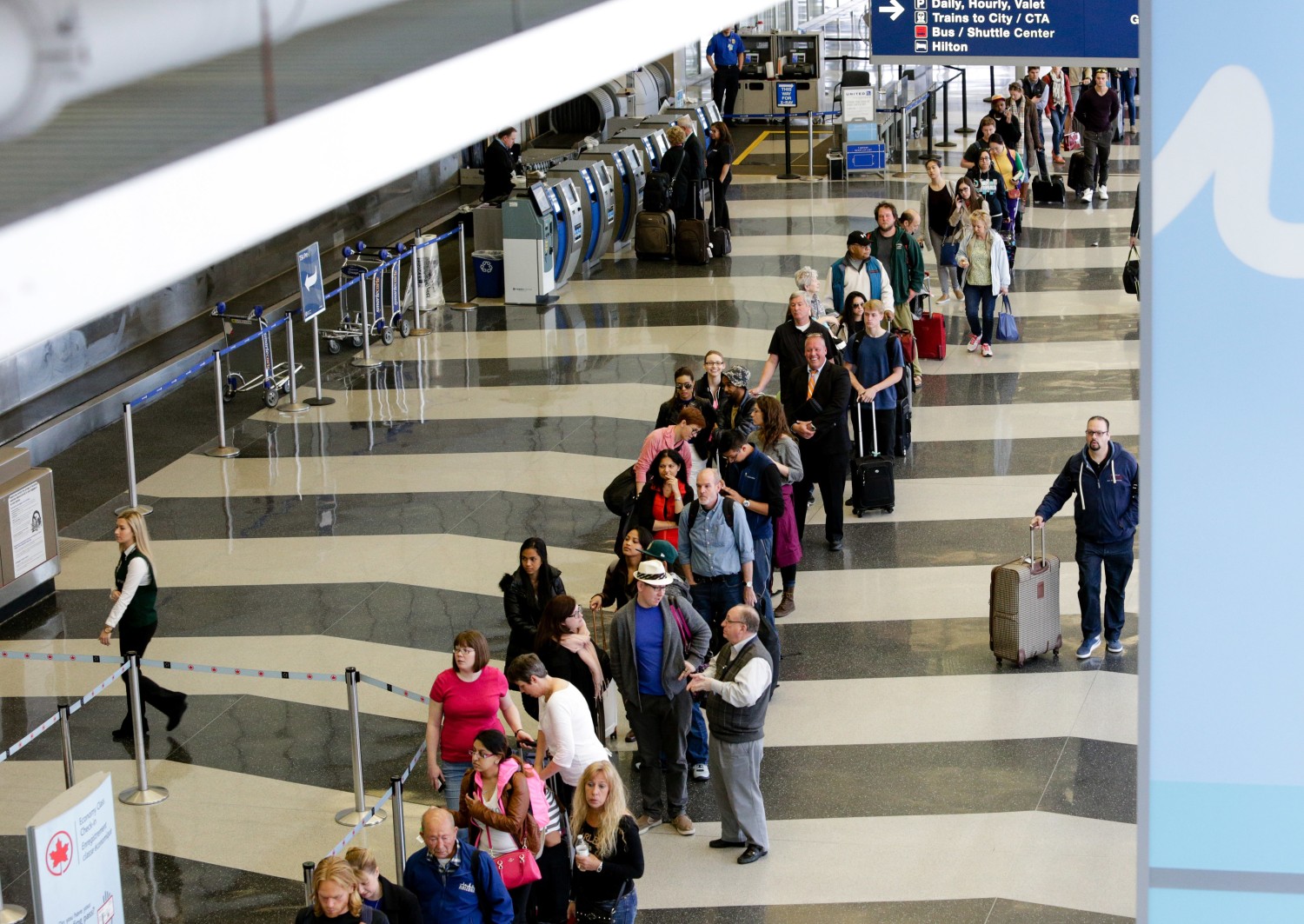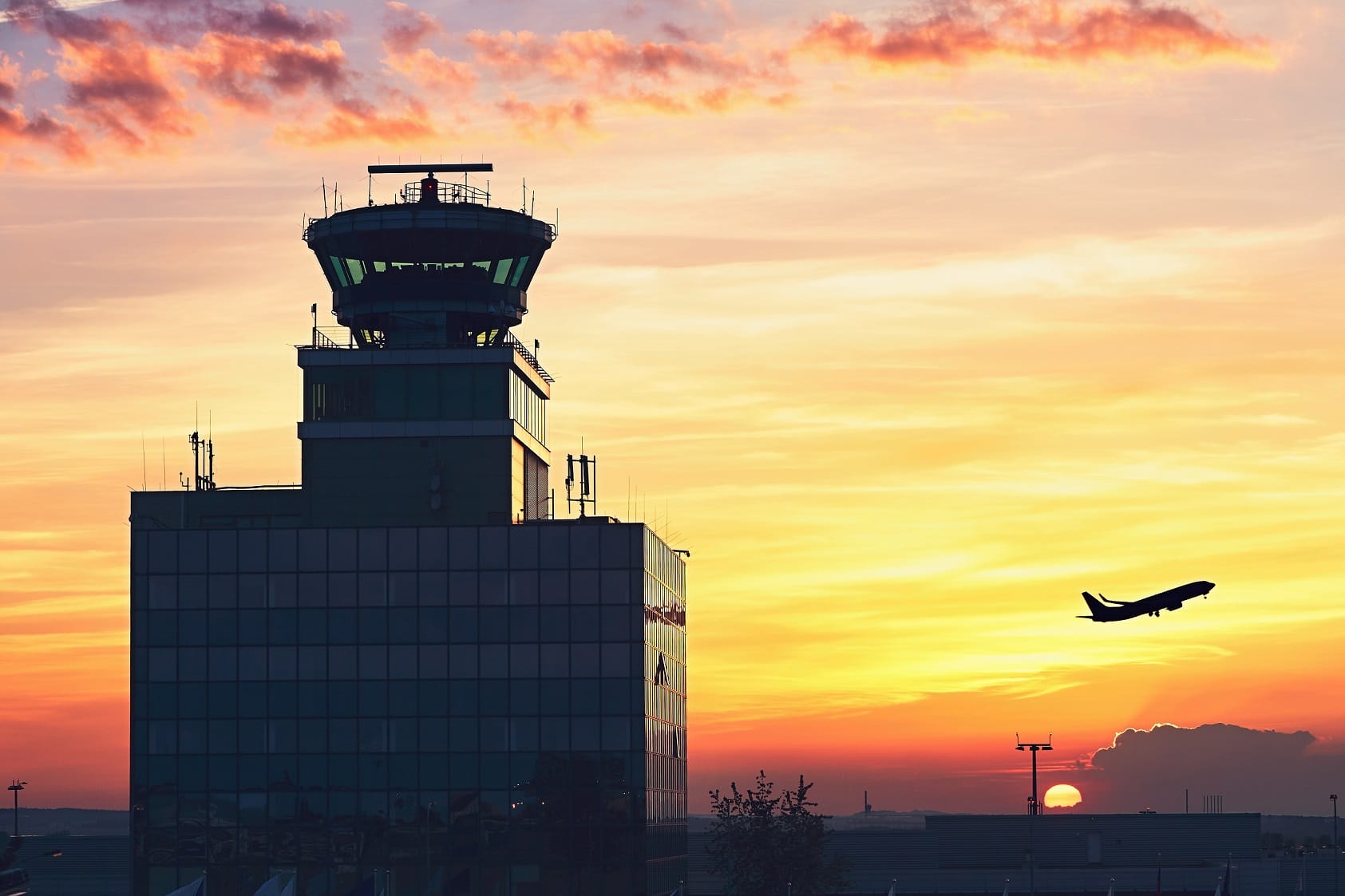Government Shutdown TSA: Essential Workers Continue Operations Without Pay
Government Shutdown TSA: Essential Workers Continue Operations Without Pay
Quick Navigation
As the federal government shutdown continues into its fourth day, Transportation Security Administration (TSA) agents and air traffic controllers across the United States remain on duty despite not receiving paychecks. These essential workers are keeping America's airports operational while Congress struggles to reach a funding agreement.

TSA Operations Continue Despite Government Shutdown
Approximately 61,000 of the TSA's 64,000 employees are classified as "excepted" or "exempt" personnel, meaning they must continue working even without immediate compensation. These essential workers are responsible for screening about 2.5 million passengers daily across the nation's airports.
The remaining 3,000 TSA employees have been temporarily furloughed, but the core security screening operations remain intact. However, the agency has warned that an extended shutdown could result in longer wait times at security checkpoints as the pressure of working without pay takes its toll on the workforce.
Historical Context: Lessons from Previous Shutdowns
During the longest government shutdown in U.S. history—lasting 35 days from December 2018 to January 2019—TSA experienced significant staffing challenges. By the third week of that shutdown, approximately 10% of TSA agents were calling in sick rather than working without pay, leading to:
- Temporary closure of one terminal at Miami International Airport
- Significant delays at major airports nationwide
- Increased resignation rates among federal workers
- Public pressure that ultimately contributed to ending the shutdown

How the Shutdown Affects Air Travel
While commercial flights continue operating normally and airline employees remain unaffected, travelers should be prepared for potential disruptions as the shutdown extends. The aviation system becomes increasingly "brittle" the longer federal workers go without pay, according to aviation experts.
Current Travel Considerations
Air traffic controllers, who manage approximately 45,000 daily flights across U.S. airspace, are also working without paychecks. The Federal Aviation Administration is already facing a shortage of about 3,000 air traffic controllers, making the current situation even more precarious.
Travelers should expect:
- Potential longer security checkpoint wait times
- Possible flight delays if staffing becomes critically low
- Reduced customer service at airports
- Limited maintenance of airport infrastructure

Federal Workers Face Financial Hardship
The human cost of the shutdown extends far beyond travel inconveniences. TSA agents, who earn an average salary of $41,000 annually, are struggling to meet financial obligations while working without guaranteed payment dates.
Nick Daniels, president of the National Air Traffic Controllers Association, emphasized the stress placed on workers: "They're out there working right now with critical staffing—the lowest staffing we've had in decades—and on top of that, they're working with unreliable equipment."
Essential vs. Non-Essential Classification
While TSA agents and air traffic controllers are deemed "essential," this classification means they must work without immediate compensation. These workers typically receive back pay once the government reopens, but bills and mortgages don't wait for Congressional negotiations to conclude.
The Department of Homeland Security's contingency plan ensures that approximately 63,000 Customs and Border Protection workers also remain on duty, keeping ports of entry operational for international travelers.
Aviation Safety During Extended Shutdowns
Aviation safety experts express concern about the cumulative effects of prolonged shutdowns on the nation's air transportation system. Working without pay while managing critical safety responsibilities creates unprecedented stress on federal workers.

During the 2018-2019 shutdown, air traffic controllers in busy facilities reported working up to 60 hours per week with outdated equipment and minimal support staff. The combination of financial stress and increased workload raised legitimate safety concerns throughout the aviation industry.
Industry Response and Preparations
Airlines for America, representing major U.S. carriers, has expressed concern about the shutdown's impact: "When federal employees who manage air traffic, inspect aircraft and secure our nation's aviation system are furloughed or working without pay, the entire industry and millions of Americans feel the strain."
Major airports are implementing contingency plans to maintain operations, including:
- Enhanced communication with passengers about potential delays
- Coordination with TSA leadership on staffing levels
- Preparation for alternative screening procedures if needed
- Increased security measures to compensate for reduced federal presence
Other Transportation Services
While aviation faces challenges, other transportation modes remain largely unaffected. Amtrak continues operating more than 300 daily trains across 46 states and Canadian provinces, as it functions as a for-profit corporation despite receiving federal funding.
Passport and visa processing continues through the Department of State, though processing times may extend beyond the typical four to six weeks due to reduced staffing levels.
Frequently Asked Questions
Are TSA security checkpoints still operating during the shutdown?
Yes, TSA checkpoints remain operational with approximately 61,000 of 64,000 employees classified as essential workers. However, longer wait times are possible as the shutdown continues.
Will TSA workers eventually get paid for working during the shutdown?
Essential workers typically receive back pay once the government reopens and funding is restored. However, they must work without knowing when their next paycheck will arrive.
How does the current shutdown compare to previous ones?
The current shutdown follows similar patterns to the 2018-2019 shutdown, which lasted 35 days. TSA staffing issues typically become noticeable after 2-3 weeks without pay.
Are flights being cancelled due to the shutdown?
Currently, commercial flights continue operating normally. However, delays and cancellations could increase if air traffic controller or TSA staffing becomes critically low.
What should travelers do to prepare for potential delays?
Arrive at airports earlier than usual, check flight status before leaving home, and have patience with federal workers who are doing their jobs under difficult circumstances.
Looking Ahead: Resolution Timeline
The U.S. Travel Association estimates the shutdown costs the travel economy approximately $1 billion per week. As financial pressure mounts on essential workers and travel disruptions potentially increase, this economic impact may provide additional incentive for lawmakers to reach a resolution.
History suggests that significant aviation disruptions often serve as a catalyst for ending government shutdowns, as occurred in 2019 when air traffic delays at major airports helped pressure Congress to act.
Stay informed about travel conditions and support the dedicated federal workers keeping our airports safe during this challenging time. Share this information with fellow travelers to help everyone navigate the current situation.